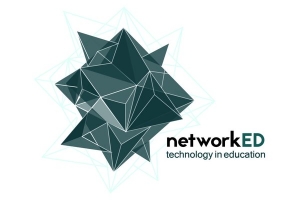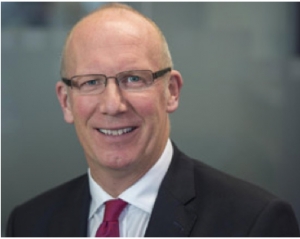‘What is the place of technology in delivering an outstanding student experience?’
 LTI are pleased to host Professor Robert Allison Vice-Chancellor & President of Loughborough University for our first NetworkED of 2017. Professor Allison will be discussing the role that technology and innovation have played in the success of Loughborough in becoming one of the leading universities in the UK, and the challenges he sees in the ‘uncertain futures’ for HE over the next 5 years.
LTI are pleased to host Professor Robert Allison Vice-Chancellor & President of Loughborough University for our first NetworkED of 2017. Professor Allison will be discussing the role that technology and innovation have played in the success of Loughborough in becoming one of the leading universities in the UK, and the challenges he sees in the ‘uncertain futures’ for HE over the next 5 years.
The talk will be held on Wednesday March 1st at 2.30pm and will be held in KSW G.01. Book your free ticket for this event here http://bit.ly/2lgAlSy
Ahead of his NetworkED seminar next week we had a quick Q&A with Professor Allison.
Q. You have been the Vice-Chancellor and President of Loughborough University since September 2012, how has Loughborough responded to the significant changes that have occurred in Higher Education during that time?
Loughborough has responded by maintaining a degree of agility, allowing us to respond promptly to the expectations of our students and through working in partnership with them as stakeholders in the University, not as customers or consumers.
Q. Loughborough University has been successful in numerous university rankings during this time including being awarded 1st for student experience in the TES 2016 survey, what are the key principles at the heart of that success?
The most important factor in our success has been seeing our students as co-creators of their education and wider student experience and, through this, giving them a tangible link to the success and future of the University.
Q. What role have technology and innovation played in the enhancing the student learning and teaching experience at Loughborough?
In some areas the role of technology has been significant, in others not relevant at all.
Q. The theme of the 2017 NetworkED seminars is ‘Uncertain Futures’, what do you feel will be the most potentially disruptive (or transformative) issue facing Higher Education institutions in the next 5 years?
Disruptive: competition.
Transformative: marketisation.
For those that cannot attend the seminar will be recorded and added to the LTI Youtube channel.
You may also be interested in attending our upcoming NetworkED seminars:
Liz Sprout from Google education on Wednesday 10th May
Andy Moss from Pearson Education on Wednesday 14th June.









